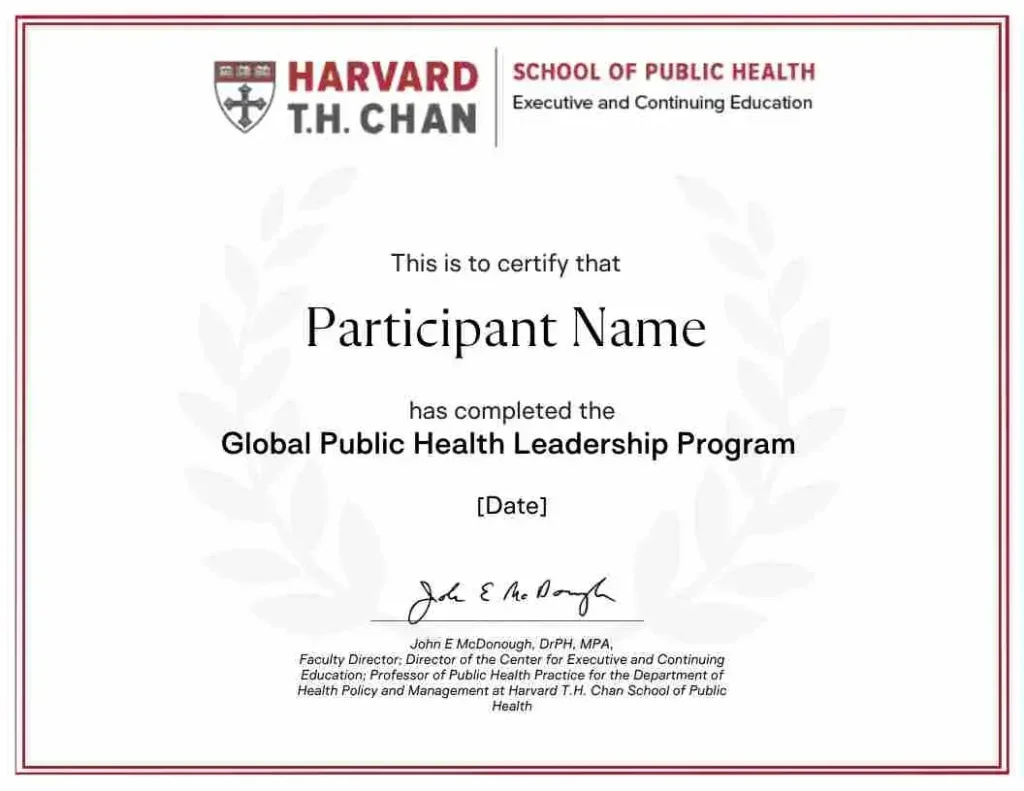Implementing Health Care AI into Clinical Practice
“AI is here and it won’t go away. We need people that can lead AI implementation projects, so AI can help improve clinical workflows and decision-making processes.”—Mr. Gijs van Praagh, Medical Physicist resident, University Medical Center Utrecht

Upcoming Program Information
View detailed information for the upcoming program
-
Implementing Health Care AI into Clinical Practice
This executive education program equips clinicians and executives with the cross-disciplinary knowledge and skills needed to ensure AI solutions are implemented successfully in clinical practice.
Program Fees
- Standard Price $2,600.00
Program Overview
Mastering Healthcare AI Implementation in Clinical Settings
Medicine, at its core, is an information processing science. The more patient data we have, the clearer and easier it is to define health outcomes. As AI technology grows, its use in health care settings can accelerate information processing to improve patient care efficiency. However, integrating AI into a provider’s practice or health care system is a large undertaking. Implementing AI in Clinical Practice equips clinicians and stakeholders with the necessary and timely skills to develop these processes in-house.
Through case studies, small group discussions, and interactive sessions led by Harvard faculty, you will gain hands-on experience in each step of the AI implementation process. You will learn how to design an effective implementation strategy by building your skills in four key areas:
- Workflow assessment and system engineering, in which you identify the tasks you need automated and decide the structured sequence of operations to do them
- Accuracy evaluation and model selection, or choosing the best AI or machine learning model for a specific task and test its effectiveness
- Machine Learning Operations, commonly known as MLOps, covers model deployment and long-term maintenance
- Change management for your health care setting, preparing the team and your systems for the move to an AI-led workflow
Through these lenses, participants will develop and tailor AI solutions that will work best for their health care setting and situation. By the end of the program, you will develop skills in multiple disciplines—including data science, user-centered design, and change management—to ensure AI solutions are implemented successfully in clinical practice.
Harvard Chan School invites you to learn more about our AI in Health Care Certificate of Specialization program. While each program can be taken independently, completing three healthcare AI courses in our portfolio earns the Certificate of Specialization.
- New to AI? Start with Responsible AI for Health Care: Concepts and Applications for a strong foundation.
- Ready for advanced material? Continue with Innovation with AI in Health Care or Implementing Health Care AI in Clinical Practice.
For those who have taken earlier versions of Applied AI in Health Care, this updated program reflects the latest developments in AI for healthcare, with fresh group projects and collaborative learning opportunities. For any questions about the programs or Certificate of Specialization, please email enrollment@hsph.harvard.edu.
See Our Faculty in Action
Hear directly from Program Director Dr. Santiago Romero-Brufau on how AI is reshaping healthcare operations and patient care. This discussion offers a preview of the key concepts and case studies you’ll explore more deeply in this program.
Objectives & Highlights
Analyze clinical workflows with a focus on the clinical decision that can be improved with AI, and design new AI-enhanced workflows.
- Understand the nuances of different metrics to assess the performance of different AI models for specific use cases
- Grasp the concepts of MLOps and machine learning model deployment
- Identify the potential for model drift and how to account for it in a model maintenance plan
- Plan and conduct change management for AI-powered process changes
- Identify what team members—data engineers and scientists, MIOps specialists, and others— you need to fully implement a clinical AI project
- Hear from experts in the implementation of AI into clinical practice, from healthcare institutions to healthcare tech CEOs
- Work through a real-world case study with the guidance of experts in the implementation of AI solutions into clinical practice
- Network with like-minded leaders from across the world through small group discussions in an interactive virtual environment.
Implementing Health Care AI into Clinical Practice will focus on four key pillars: workflow assessment and system engineering; accuracy evaluation and model selection; MLOps: model deployment and maintenance; and change management.
Upon completion of this course, participants will be able to:
- Analyze a healthcare problem that may be solved with AI by using design principles
- Describe the different stages of AI development and implementation, and what skills are needed to successfully advance the project
- Identify necessary professional skills required in a successful healthcare AI team
- Guide a multidisciplinary team through the process of developing and implementing an AI solution into clinical practice
- Design a plan that includes the different elements of an AI healthcare project: workflow analysis, data and modeling, deployment and change management
Certificate of Specialization
Advance your Career with a Certificate of Specialization
This program contributes to the AI in Health Care Certificate of Specialization. Click here for more information.
